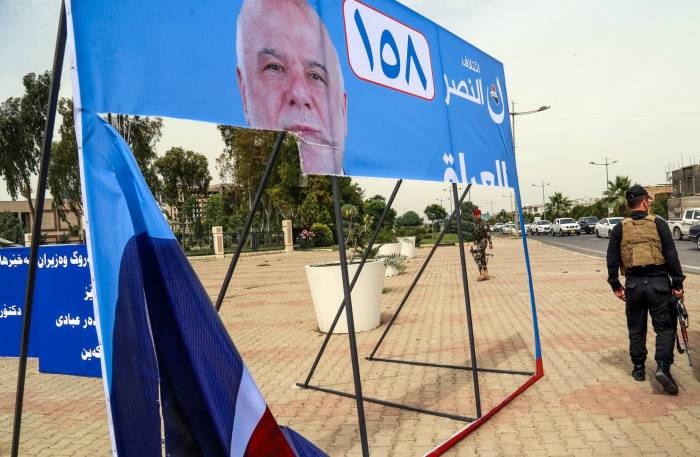The protests, which have morphed from chaotic and sometimes violent marches into daily sit-ins, have prompted powerful religious and political figures to zero-in on Prime Minister Haider al-Abadi as the source of Iraq’s many troubles. This could cost him another term, despite his widely acclaimed successes last year in leading the Iraqi government to victory over the Islamic State and firmly turning back a Kurdish bid for independence.
While his ticket performed poorly in national elections this spring, finishing far behind that of firebrand Shiite cleric Moqtada al-Sadr, political observers had speculated Abadi might retain his position in a coalition government.
Instead, the mounting popular discontent has dealt him an abrupt setback. For the United States, this recent turn exposes a weakness in a strategy that centered on supporting Abadi in the hope that his message of anti-sectarian nationalism would translate into a new era of Iraqi politics.
The Washington Post
More about: Iraq
















































